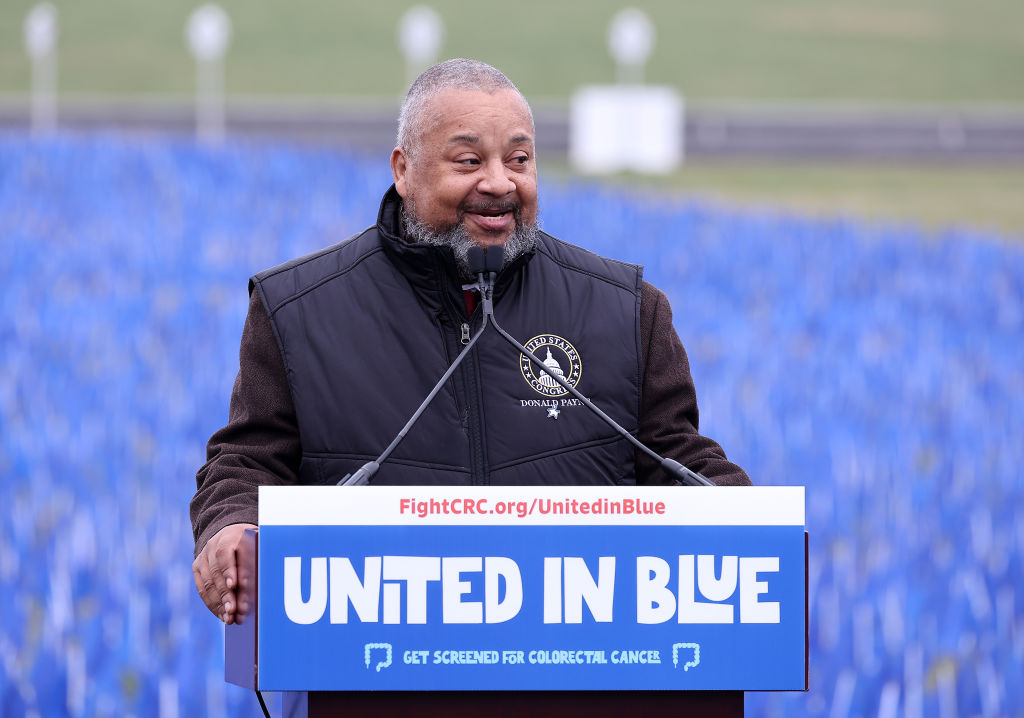The largest nonprofit health insurance company created under Obamacare to fail financially, Health Republic Insurance of New York, will shut down unexpectedly at the end of the month, leaving more than 200,000 New Yorkers scrambling for new coverage.
Among them is Joseph Pimbley, the principal in a consulting firm in New York, and his wife, who expect their premiums to double.
Pimbley had never thought that Obamacare was an economical way to provide health insurance to millions of uninsured Americans. Now facing premiums of $1,500 to $1,600 a month, he is unhappy with the choices available to him. Not only are there fewer of them, but they are more expensive and do not include the better hospitals, he said.
“Obviously it’s a huge disappointment,” he said.
Health Republic has 215,000 members, about half with individual plans and the other half as employees of small businesses, who must now choose a new plan whether on the New York state health exchange or elsewhere. The deadline for individuals to select a new plan on the exchange, originally Sunday, was extended to Nov. 30 for coverage through the end of the year. After Nov. 30, the state will enroll those people who have not made a selection in another plan.
“While we are deeply disappointed with this outcome, we believe it is in the best interests of our members,” Health Republic said in a statement to its members. “Starting a new insurance company is a daunting task in any environment, but the systemic challenges placed on us by the structure of the CO-OP program were simply too difficult to overcome.”
State and federal regulators had originally ordered Health Republic to cease operations by the end of the year, but pushed up the deadline after discovering that the plan’s finances were more dire than thought. Health Republic had reported losses of $130 million in its first year and a half.
U.S. & World
The day's top national and international news.
On Sunday, the New York State Department of Financial Services announced that it was investigating Health Republic's reporting on its financial condition.
Elisabeth Benjamin, a health exchange navigator who helps people choose coverage, said that Health Republic was not the cheapest plan on the New York health insurance exchange, but that it offered a strong network of providers at a reasonable cost.
"People really wanted to be able to access high quality hospitals and doctors," said Benjamin, the vice president of heath initiatives at the Community Service Society of New York, a nonprofit organization focused on poverty that leads a network of navigators.
She said navigators were working to assist people in finding new plans by the deadline.
"There are lots of great options still on the marketplace," she said.
Congress authorized the nonprofit companies — or consumer operated and oriented plans — under the Affordable Care Act to foster competition and keep premium costs down. But 12 of the 23 co-ops have now failed.
They had received $2.4 billion in government-backed loans for their start-up costs and to meet capital reserve requirements, with Health Republic Insurance of New York getting $265 million.
The closures, which have left more than a half-million customers scrambling, are giving Republicans opposed to the health-care law new reasons to attack it. Two congressional subcommittees held hearings on the failures last week to examine why the co-ops collapsed and assess the likelihood that the loans would be repaid.
“Only in Washington would a group of bureaucrats think they knew how to micromanage ‘competition’ instead of letting consumers and markets do what they do best,” said Texas Republican Rep. Kevin Brady, chairman of the House Ways and Means Subcommittee on Health.
Americans remain divided over Obamacare, with a Kaiser Family Foundation poll in July finding that 43 percent viewed the law favorably and 40 percent unfavorably.
Dr. Mandy Cohen, the head of the federal Centers of Medicare and Medicaid Services, said in her testimony to the subcommittees that while the Affordable Care Act had appropriated $6 billion for the program, Congress had rescinded a substantial amount of that figure. A Congressional Research Service report in March found that overall Congress rescinded a total of $4.879 billion of the original $6 billion, leaving $1.121 billion.
“As with any new set of business ventures, some CO-OPs have succeeded while others have encountered more challenges,” Cohen said in her written statement.
John Holahan, a fellow at the Urban Institute, said that the co-ops faced a combination of problems: aggressive pricing to enroll members that led to losses, less money to temporarily cover bad risks than they thought they would receive under the Affordable Care Act, and obstacles to setting provider networks at favorable rates.
“You don’t know how many patients you’re actually going to offer somebody so you have no real leverage in negotiating,” he said. “And you’re going up and competing against carriers that have been in the market a long time and do have that leverage.”
Pimbley said that he and his wife will likely choose a plan not on the New York health insurance exchange but one available to him as a small-business owner. It is more expensive, but they want to know that if they face a catastrophic health problem they will be covered, he said.
"It's terrible out there," he said. "If you're not old enough for Medicare and you're not at an income level where you seek public assistance, your choices are so much less than they used to be."
The 11 other CO-OPs that are closing provide coverage in Arizona, Colorado, Iowa, Kentucky, Louisiana, Michigan, Nebraska, Nevada, Oregon, South Carolina, Tennessee, Utah and West Virginia — with some with members in more than one state.
Another plan with a similar name, Health Republic Insurance of New Jersey, continues to operate.



